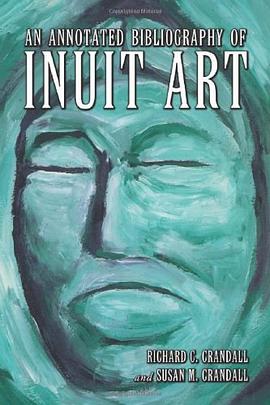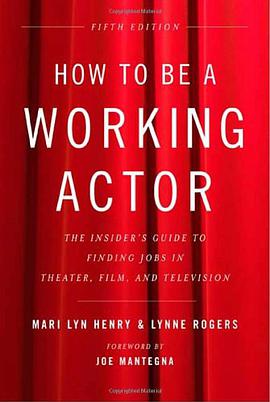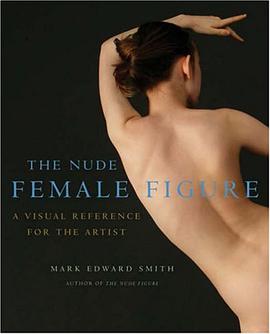

Throughout nineteenth century America, religious officials often condemned the theatre as an inversion of the house of God, similar to the church in architectural structure and organization but wholly different in purpose and values. This book explores the many ways in which religious institutions supported by capitalism profoundly affected the early development of American theatre. The author analyzes the church's critical view toward common theatre practices, including the use of female and child performers, and the lower class alliance with the stage. Three appendices provide period correspondence, including an excerpt from Mark Twain's February 1871 "Memoranda," in which Twain criticizes an Episcopalian reverend for denying church burial to a popular stage comedian.
具体描述
读后感
评分
评分
评分
评分
用户评价
相关图书
本站所有内容均为互联网搜索引擎提供的公开搜索信息,本站不存储任何数据与内容,任何内容与数据均与本站无关,如有需要请联系相关搜索引擎包括但不限于百度,google,bing,sogou 等
© 2025 book.wenda123.org All Rights Reserved. 图书目录大全 版权所有




















